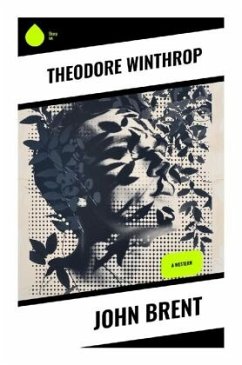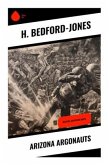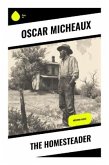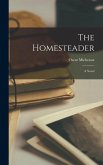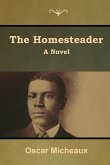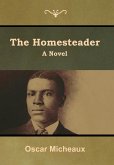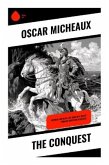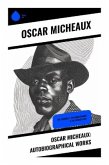In "John Brent," Theodore Winthrop crafts a compelling narrative that examines themes of identity, societal expectation, and the pursuit of selfhood in mid-19th century America. The novel intricately weaves together romantic adventure with rich social commentary, using a clear and vivid literary style that echoes the emotional depth found in the works of contemporaries such as Nathaniel Hawthorne and Henry James. Winthrop's skilled prose, along with the seamless integration of nature and the American landscape, invites readers to explore both the personal struggles of the protagonist and the larger socio-political climate of the time, reflecting a burgeoning national consciousness. Theodore Winthrop was an influential figure in his era, notably known for his role as a writer, soldier, and passionate advocate for progressive ideals. His experiences as a member of the Union Army during the Civil War profoundly shaped his perspective on humanity and individuality. These influences are palpable in "John Brent," where Winthrop navigates the complexities of human relationships and the conflict between personal ambition and collective duty, demonstrating a keen understanding of the moral dilemmas of his time. "John Brent" is an essential read for those interested in American literature and the exploration of individual versus societal norms. Winthrop's insightful characterizations and vivid storytelling will resonate with readers seeking a deeper understanding of the human condition, making this novel a timeless reflection on the quest for identity amidst the tumult of societal change.
Bitte wählen Sie Ihr Anliegen aus.
Rechnungen
Retourenschein anfordern
Bestellstatus
Storno

